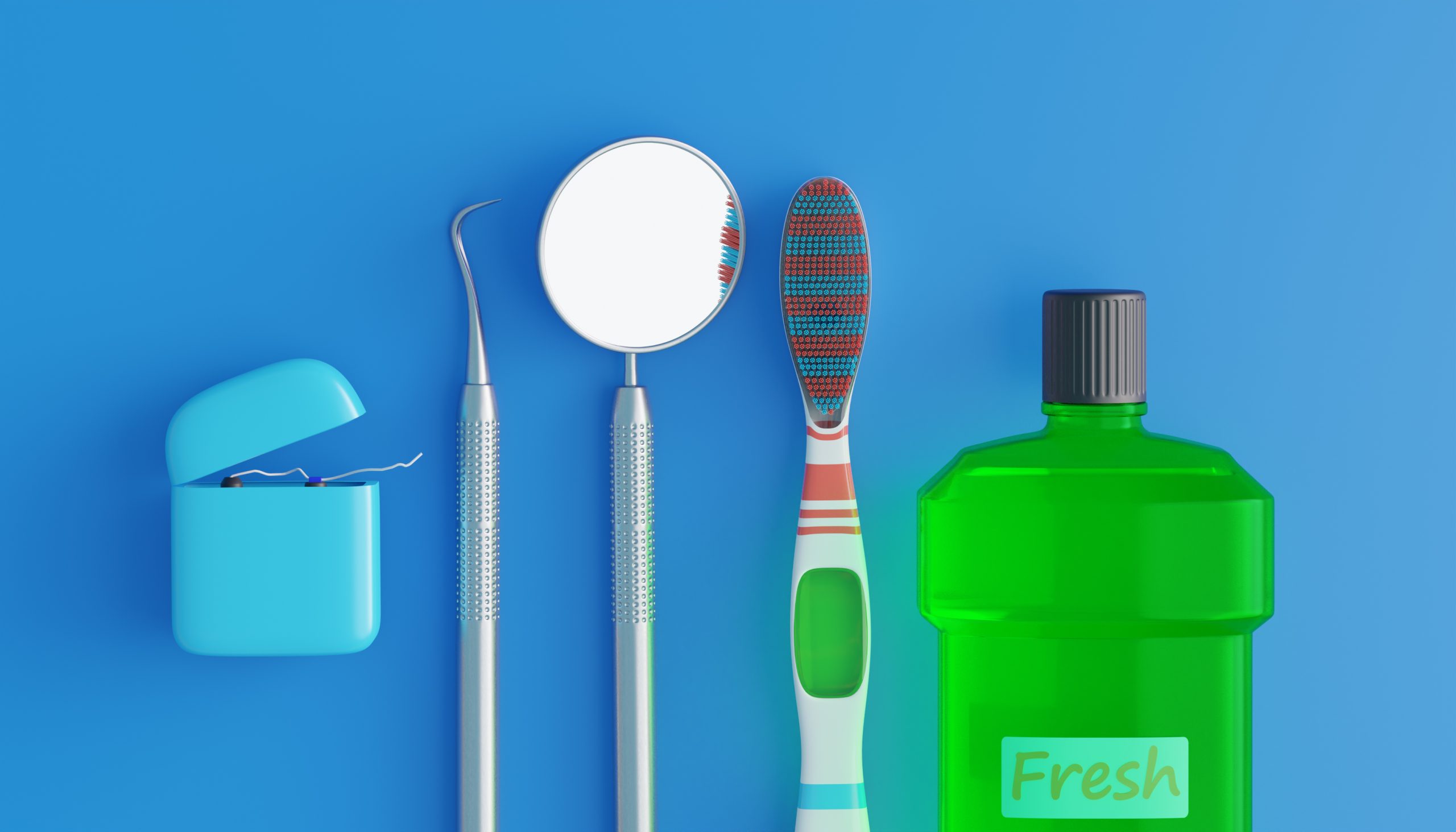
As we welcome the rejuvenating season of spring in April, it’s not just the blossoming flowers and warmer days that deserve our attention. This month, also recognized for Stress Awareness, provides a unique opportunity to explore the intricate connections between our oral health and mental well-being. The state of our mouth can significantly influence our mood, self-esteem, and overall psychological health. Let’s dive into the ways maintaining good oral hygiene can boost your mental health and well-being during this pivotal month.
The Psychological Impact of Oral Health
Oral health is not merely about avoiding cavities or gum disease; it’s deeply intertwined with our mental and emotional states. Studies have shown that individuals with poor oral health often experience higher levels of psychological distress. This connection stems from several factors:
- Self-Esteem and Confidence: A healthy smile can significantly enhance one’s confidence and self-perception. On the other hand, dental issues such as discolored, missing, or damaged teeth can lead to feelings of embarrassment and low self-esteem, impacting social interactions and professional opportunities.
- Social Anxiety: Concerns about bad breath or an unattractive smile can lead to social withdrawal or anxiety, affecting relationships and quality of life. The fear of judgment can discourage individuals from participating in social activities, leading to isolation and increased stress.
- Pain and Discomfort: Dental problems can cause chronic pain, affecting mood, sleep, and daily functioning. The constant discomfort can contribute to stress, anxiety, and even depression, further exacerbating mental health issues.
Strategies for Improving Oral Care and Mental Well-being
Recognizing the bidirectional relationship between oral health and mental well-being underscores the importance of adopting a holistic approach to health. Here are some strategies to improve oral hygiene and, by extension, enhance your mental health:
- Regular Dental Check-ups: Preventive dental care is crucial in maintaining good oral health and catching problems early. Regular visits to the dentist can help avoid the onset of dental issues that could later impact your mental health.
- Effective Oral Hygiene Routine: Brushing twice a day, flossing daily, and using mouthwash can keep dental problems at bay. An effective oral hygiene routine not only keeps your mouth healthy but also boosts your confidence and reduces anxiety related to oral health.
- Healthy Diet: Consuming a balanced diet rich in vitamins, minerals, and antioxidants can strengthen teeth and gums, contributing to overall oral health. Limiting sugar intake and acidic foods can also prevent tooth decay and gum disease.
- Stress Management: Since stress can impact oral health through teeth grinding or neglecting oral hygiene, incorporating stress-reduction techniques such as exercise, meditation, or hobbies can help maintain both mental and oral health.
- Seek Professional Help: If dental anxiety or phobia is preventing you from seeking necessary dental care, consider speaking to a mental health professional or a dentist specializing in anxious patients. Various techniques and treatments can help manage dental fear, ensuring you get the care you need.
As we observe Stress Awareness Month this April, let’s not overlook the profound connection between oral health and mental well-being. By prioritizing good oral hygiene and recognizing its impact on our psychological state, we can take meaningful steps towards a healthier, happier life. Remember, a healthy smile is not just good for your mouth; it’s a beacon of your overall well-being, reflecting inner confidence and peace.
